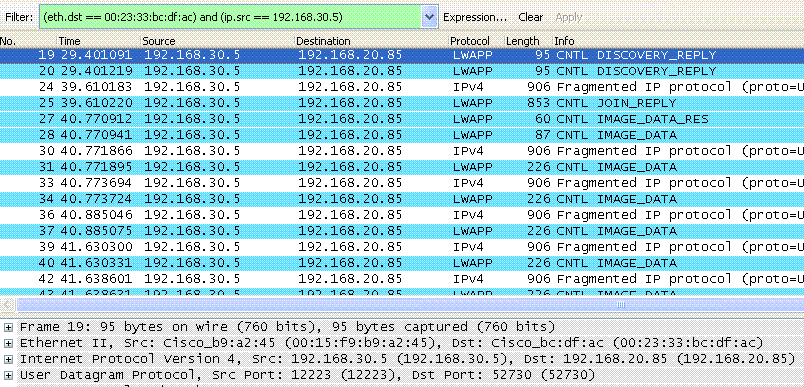
































The executives from the software giant announced that Microsoft's Copilot GPT Builder, an artificial intelligence (AI) tool designed to allow users to build and share customised, task-specific versions of the chatbot, is now available to all customers of its paid Copilot Pro tier.
This tool helps users create custom chatbots based on their job role, with the option to create chatbots that include DALL-E 3's image generation functionality and retrieval augmented generation (RAG) for highly specialised tasks. Several corporate users of large language models (LLMs) employ RAG as a method to empower LLMs to access and retrieve material that was not initially included in their training set. Microsoft's Copilot GPT builder is available for Pro subscribers, who pay$30 per user per month.
Similarly to OpenAI GPT Builder, Microsoft's Copilot GPT Builder allows users to interact with plain language instructions for the type of custom GPT they want to build through a conversational chatbot interface. Copilot GPT Builder will then automatically create it for them, doing all of the programming on the backend. In essence, the powerful tool will allow individuals to build applications that fulfil their specific job duties, tasks, working style, and workflow, all without the need for technical or programming experience.
Microsoft is OpenAI's largest financial backer. Despite their tight relationship and similarities in GPT Builders, OpenAI and Microsoft apparently did not collaborate on Microsoft's Copilot GPT Builder. Still, Copilot GPT Builder appears to be inspired by OpenAI's GPT Builder and GPT Store, providing many of the same features at a slightly higher price ($30 versus$20 per month for a ChatGPT Plus individual membership).
The fact that both firms worked on the concept independently may confirm news from The Information late last year, stating that Microsoft wanted to reduce its reliance on OpenAI. Despite mounting lawsuits, Microsoft recently partnered with French open-source AI startup Mistral to offer its newest closed-source model, Mistral Large, to Microsoft's Azure cloud services.
 Etiquetas calientes:
Inteligencia Artificial
Etiquetas calientes:
Inteligencia Artificial